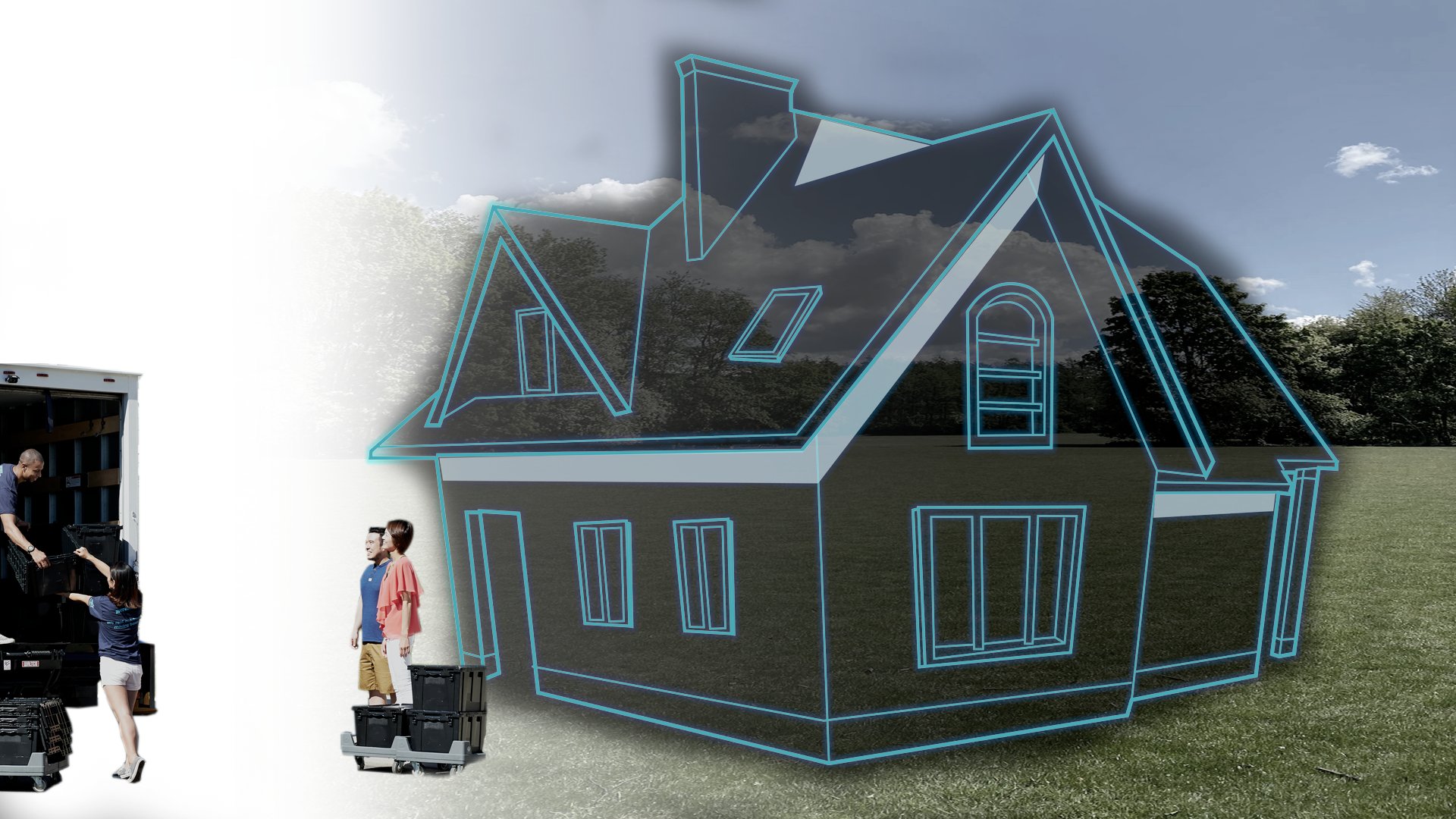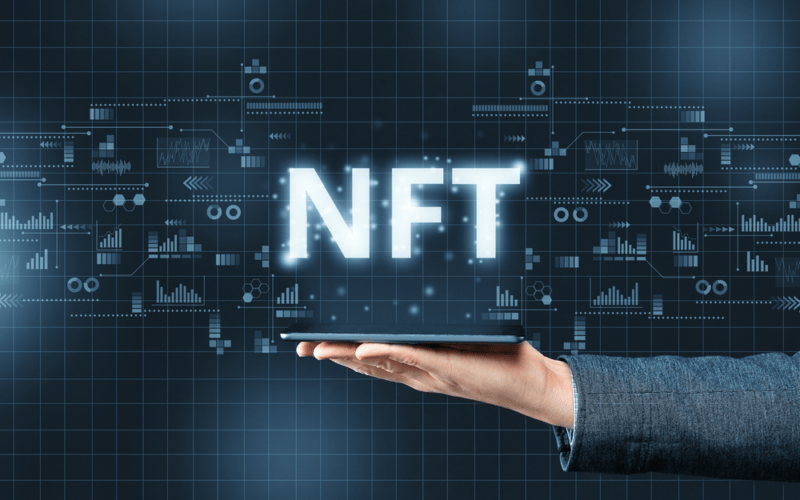
NFT Role in Real Estate
NFT role in real estate has received little attention from the media in the past year, despite the widespread use of blockchain technology. NFTs are a product of the blockchain revolution and have grown in popularity across many industries and marketplaces. NFTs and blockchain technology are in high demand, and new uses are being developed daily.

NFTs’ expansion into real estate isn’t shocking, but let’s look at how far NFTs have gone in this area. We’ll begin by defining what they are. After that, we’ll learn about their application in real estate.
What Are Non-Ferrous Metals (NFTs)?
An NFT role in real estate is the tokenization of a physical or digital item that can’t be re-created. Anything from a piece of art to a trading card to a music license or even real estate can be represented. You can’t touch these tokens because they’re digital. The blockchain is home to most tokens currently in circulation. These tokens can only be purchased, traded, or sold using digital wallets and marketplaces.
To verify ownership of an item, these tokens are in existence. Each token is unique because of the programming. Creating an NFT will not prevent you from copying and pasting a digital file like a photograph or video. To put it another way, it simply implies that the NFT functions as a public ledger for that specific object.
Use Cases of NFT Real Estate
NFTs, according to proponents of blockchain technology, will change the real estate market. When technology reaches a new level, its applications can become weird and unexpected. When it comes to NFTs, the utility can be a bit of a mystery at first. Take a good look at the current situation of the real estate market and determine if there is any hope for growth in the NFT sector.

Fraud and Theft
According to the FBI, real estate and rental-related crimes cost victims more than $213 million in 2020. Annual complaints have climbed for the last three years, reaching more than 13,000 in 2017.
If you can make something, you can replicate it. Because property ownership is generally documented with a deed or other official document, these figures are no surprise. Data from the FBI shows that theft and fraud are widespread in the United States, reflected in their findings.
What can we do to prevent fraud and theft when it comes to proving real estate ownership? “The NFT role in real estate operates in many areas much like a deed would in real estate transactions,” said Josh Morton, a special counsel at Pillsbury Law.
Identity theft and other crimes involving misrepresentation of one’s true identity and ownership could be addressed with the immutability of NFTs constructed on the blockchain. Comparing deeds and NFTs, you’ll discover that both document the transfer of ownership and the conditions that go along with it. Bills of sale, titles, stock shares, and contracts all fall under this idea. Real estate property can be tokenized in the real world and the virtual ones.
Paperwork from the Dark Ages
If you work in the real estate industry, you’ll have a lot of paperwork to deal with. The fax machines, printers, and copier machines from the 1990s can still be found in their office. While management signs documents, you’ll watch devoted admins processing paperwork.
Although e-signatures and PDFs were made possible by the internet, the procedure of handling paperwork has mainly remained the same. They still have to open the file, sign it, and then upload it to the cloud, but they don’t have to do it in person. Especially if you’re working with an agency, you’ll need someone to handle and process these documents. So vital documents can get lost, delayed, or even corrupted since people aren’t flawless.
These are the problems that NFTs aim to solve. A digital signature is automatically established using smart contracts to record and validate the transaction once the NFTs’ role in real estate has been executed. Admins don’t have to wait days for this to happen, which is a massive time-saver.
Non-Centralized Management
Peer-to-peer transactions eliminate the need for third parties like administrators, brokers, or county clerks. The blockchain’s greatest strength is its decentralization. However, mistakes can still be made if the token is transferred to the wrong person by the token owner. Working through liaisons may become obsolete if the technology becomes more widely adopted and understood by the general public.
With NFTs, imagine how much time and money may be saved in managing paperwork. An essential component of the blockchain is the standardization of documents. Additionally, protocols for escrow, convincing, purchasing property, and crowd-funding can be utilized.
NFT role in Real Estate, Transparency is Essential
A poor filing system might make it challenging to locate crucial contracts if an agency doesn’t have a sound system in place. In addition, you’ll have to rely on a broker to provide such documents to you within regular business hours. The current setup separates data into compartments. You won’t find anything if you don’t know where to look. In the Ether of the internet, NFTs are written on the blockchain. It can be accessed at any time.
Property deeds and other contracts can be accessed quickly and easily. Realtors have traditionally kept their best listings close to their chest. Because of this, locating the suitable property in time will be difficult if you do not have access to someone who does.
Registration of Land Titles through the NFT
Land administration tasks such as land registration, titling, recordation, and information management have become increasingly popular thanks to blockchain technology. The Republic of Georgia has already implemented blockchain technology for leases, sales, and mortgages.
This government agency in Sweden produces maps of the country and information on real estate. In addition, they take care of the necessary paperwork and provide information on Swedish property and geography.
Purchases of NFT Real Estate
NFTs are used to buy virtual real estate in-game. However, how realistic are physical NFT real estate acquisitions?
In New York, California, and Texas, property totalled nearly $2 billion in tokenized commercial real estate. Twelve properties are covered, including some of the city’s best mid-rise and high-rise flats. Retail investors, who do not have the $100 million in Class A property investments that substantial real estate funds do, especially those in the NFT industry, should be excited by this development. Ed Nwokedi, CEO of RedSwan, tweeted, “It gives them possibilities they never had before. For $20,000, a person can become a “partial owner” of a skyscraper.
Over the past three months, Michael Arrington, the founder of TechCrunch, sold his condo in Ukraine via NFT for more than $93k. This apartment was purchased by Devon Bernard using Ether, a cryptocurrency. The world’s first real-estate transaction employing NFTs made headlines. Since Shane Dulgeroff of California failed to sell a home through an NFT just a month before, this is good news. He believes that the divide between real estate and NFTs’ role in real estate will be closed in the future. “The offering needs a buyer who equally knows cryptocurrencies and NFTs and the real estate market and maintaining a rental property,” he writes in the article. In Devon Bernard’s case, the gap was bridged.